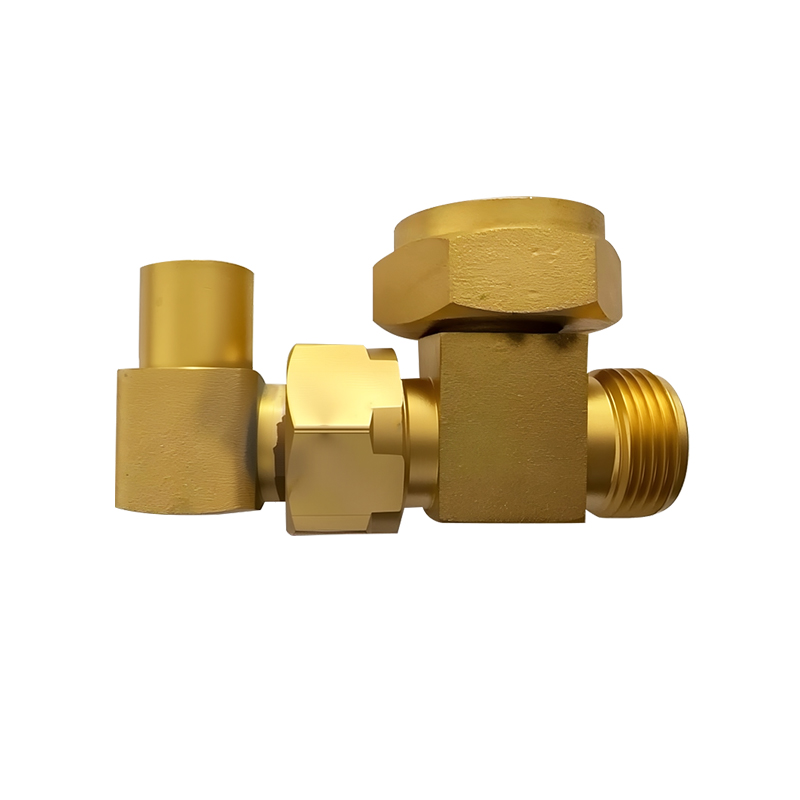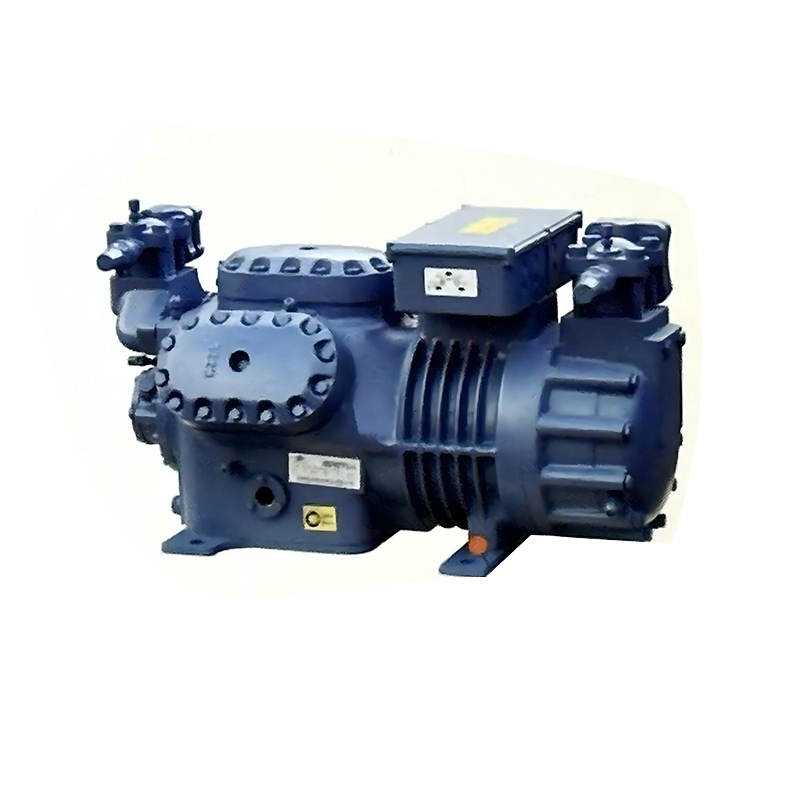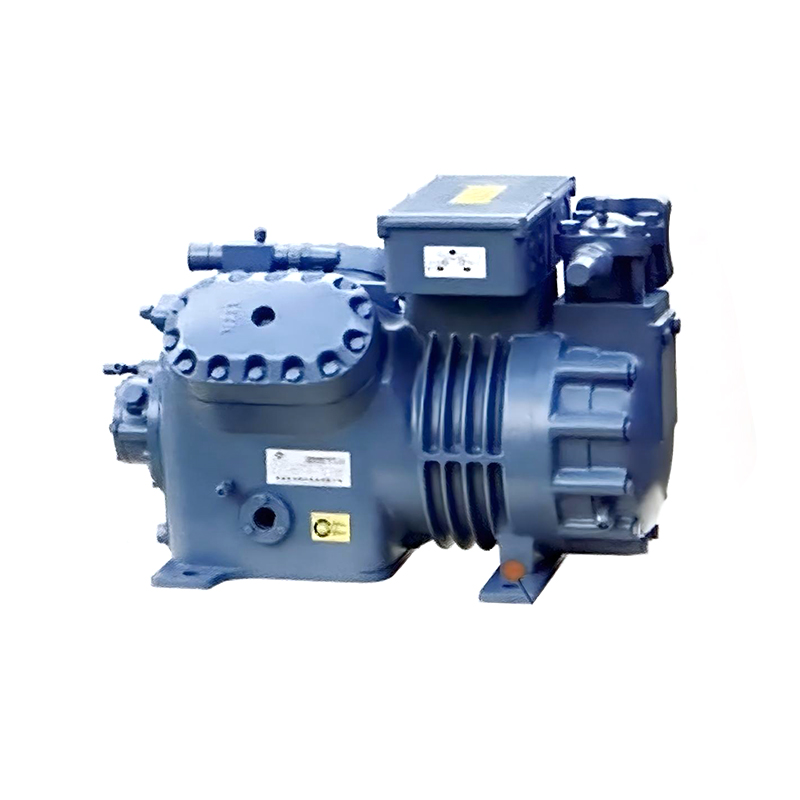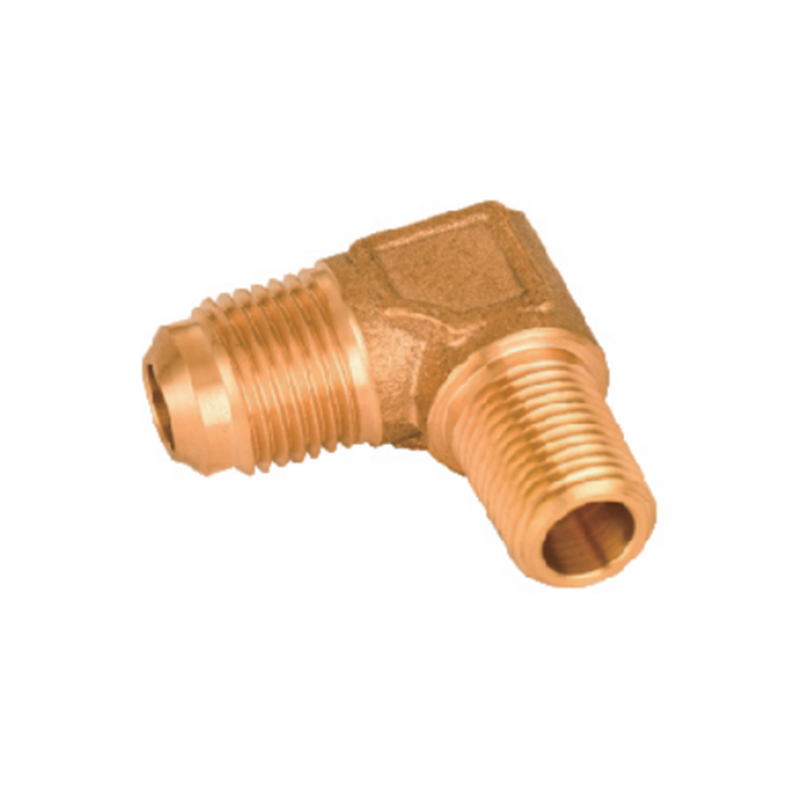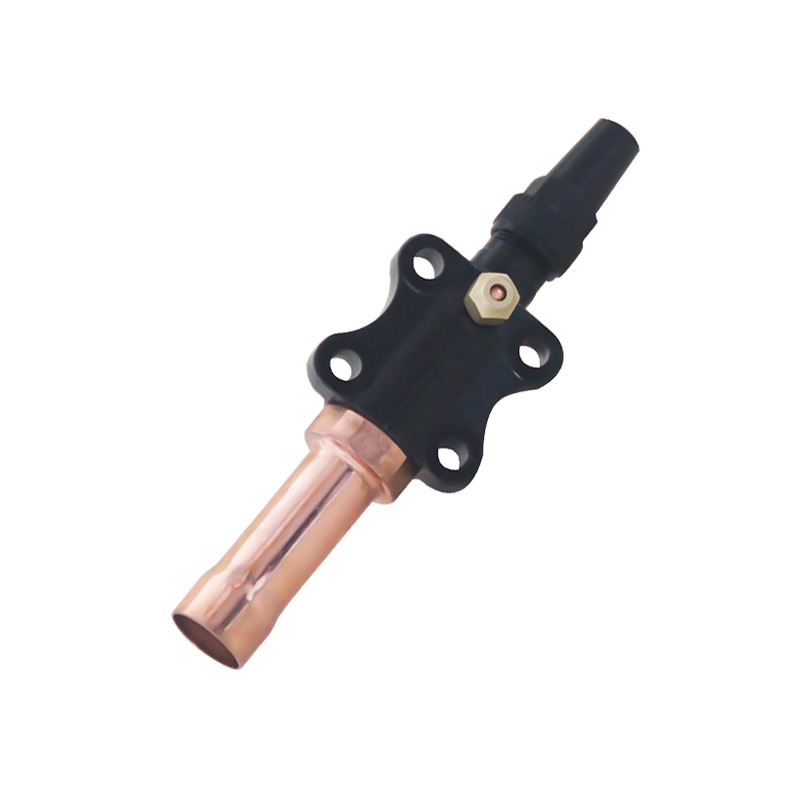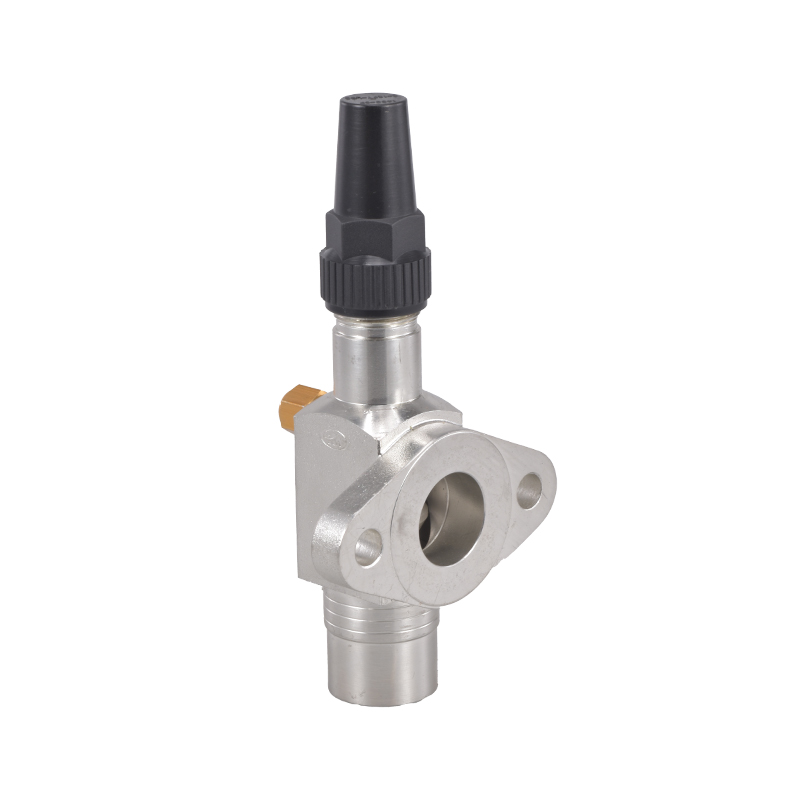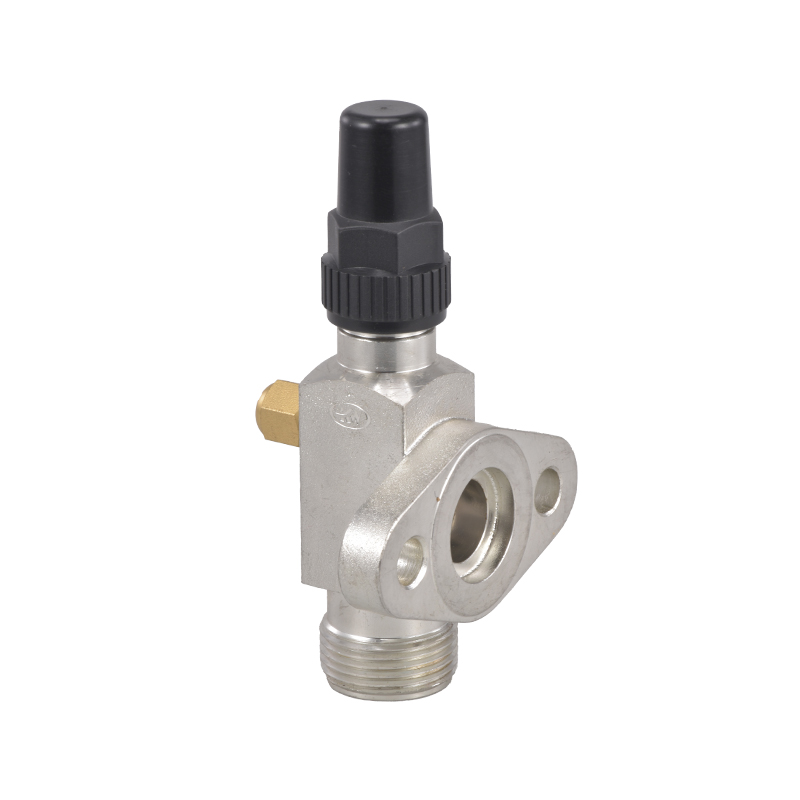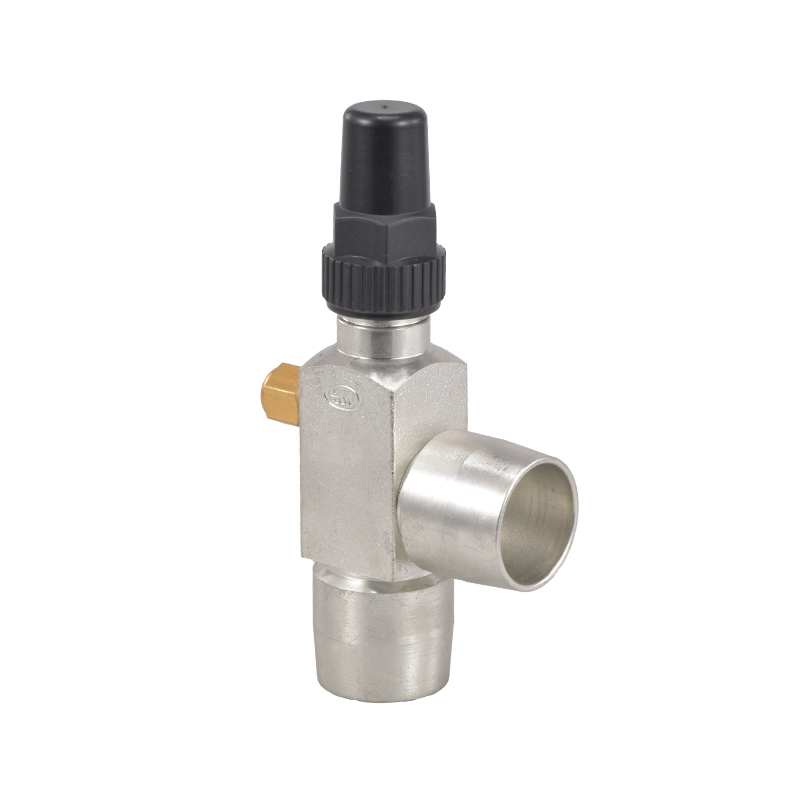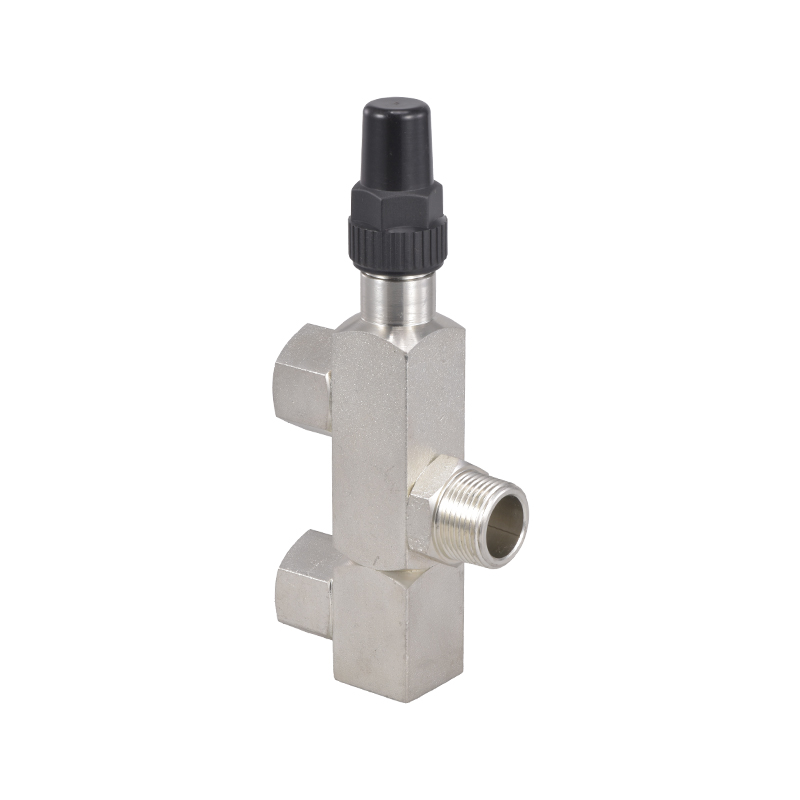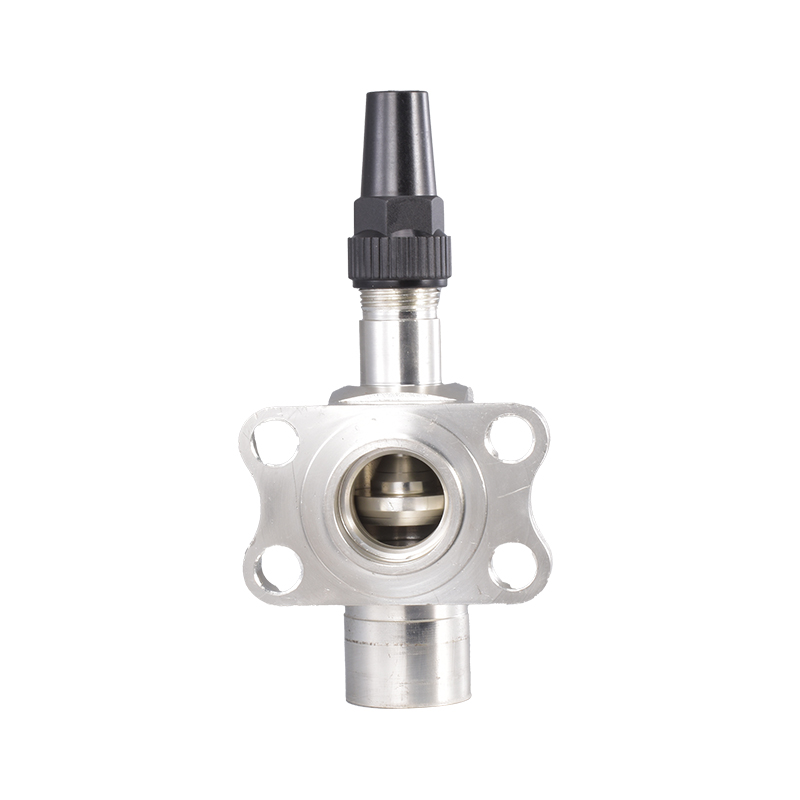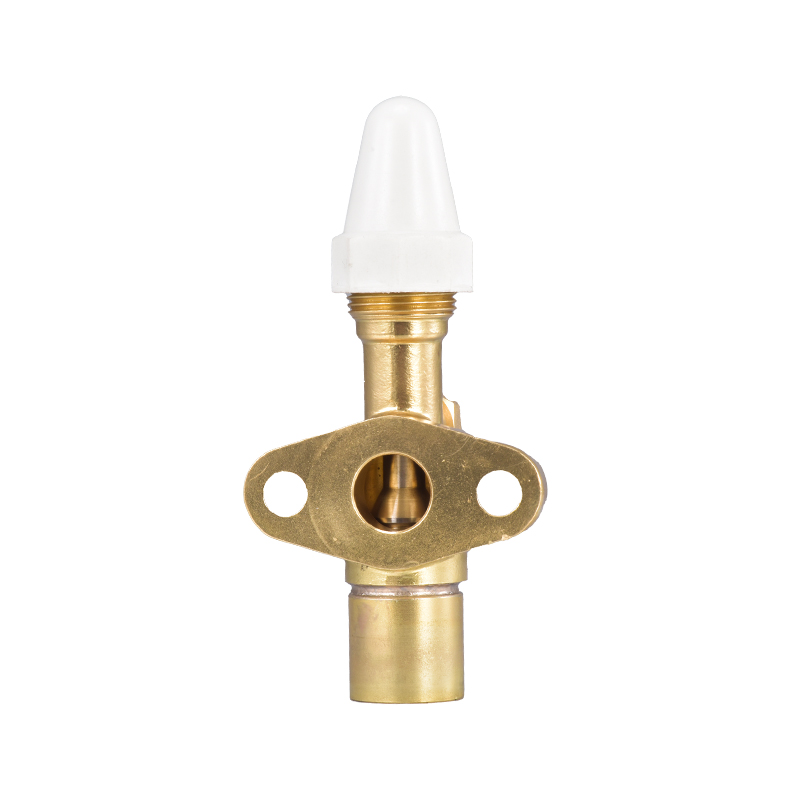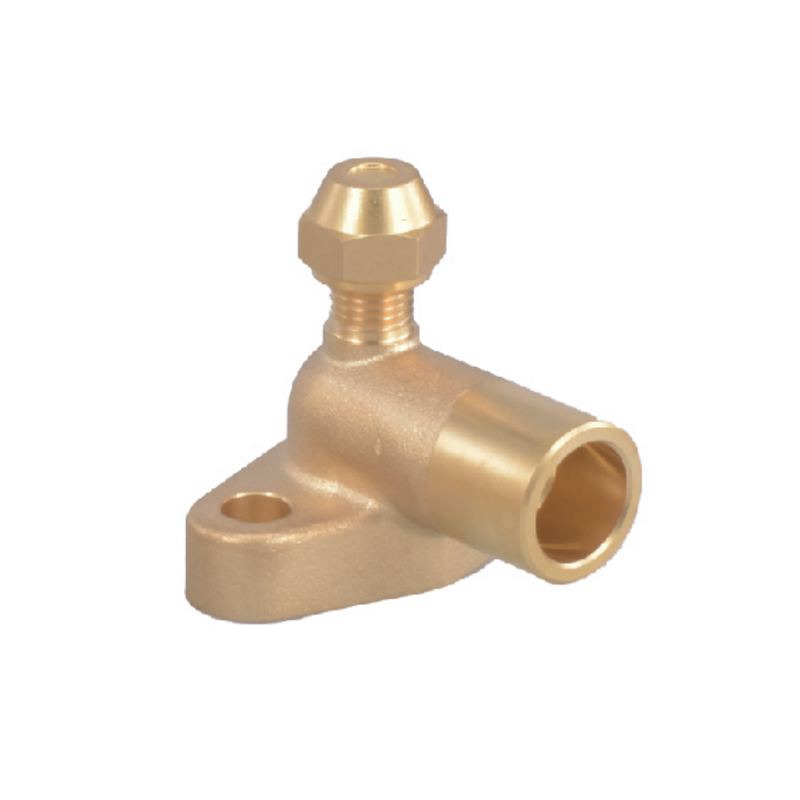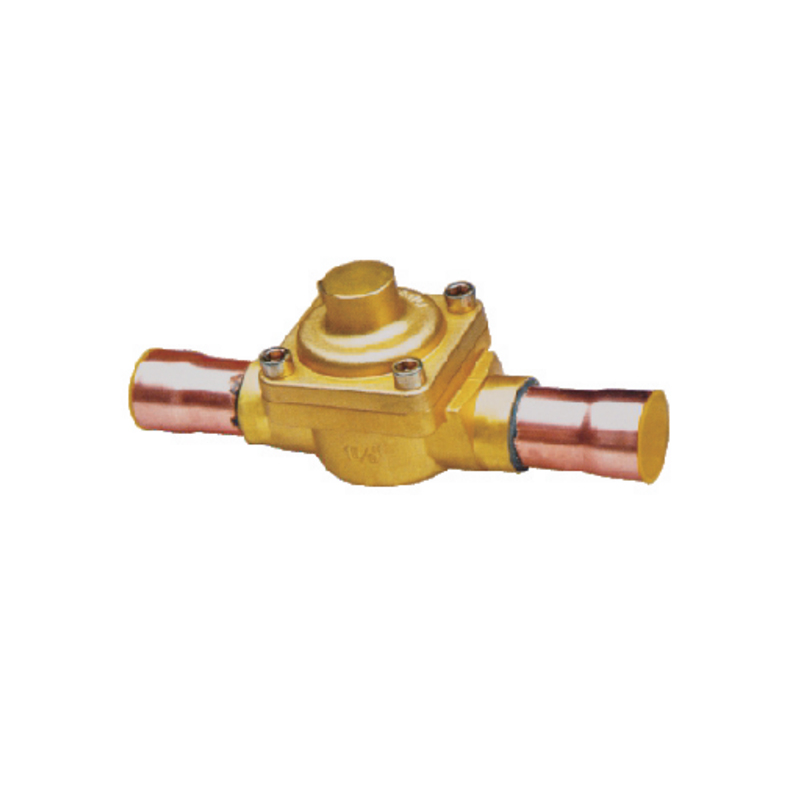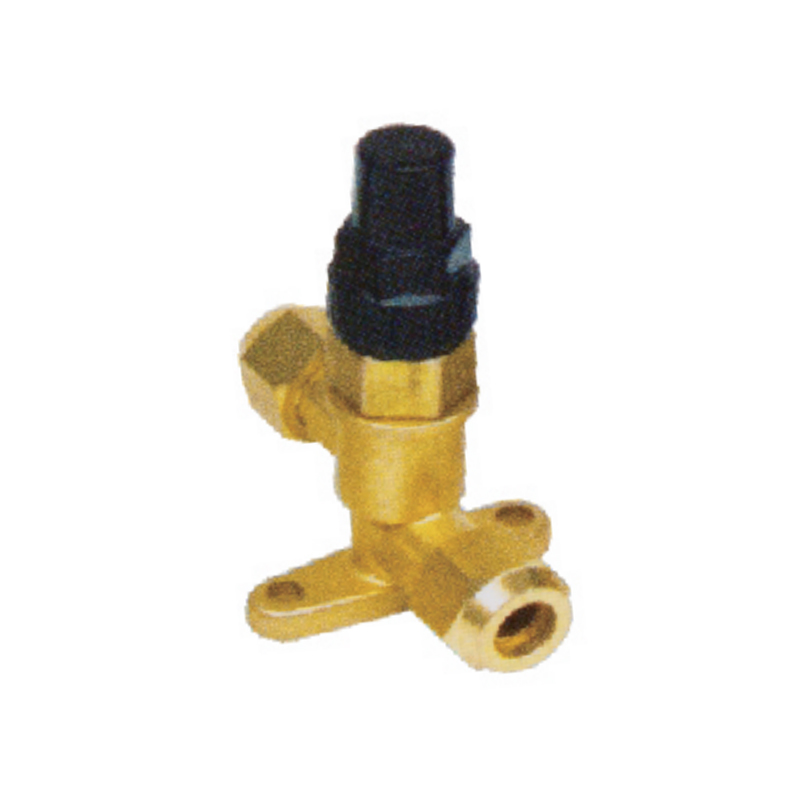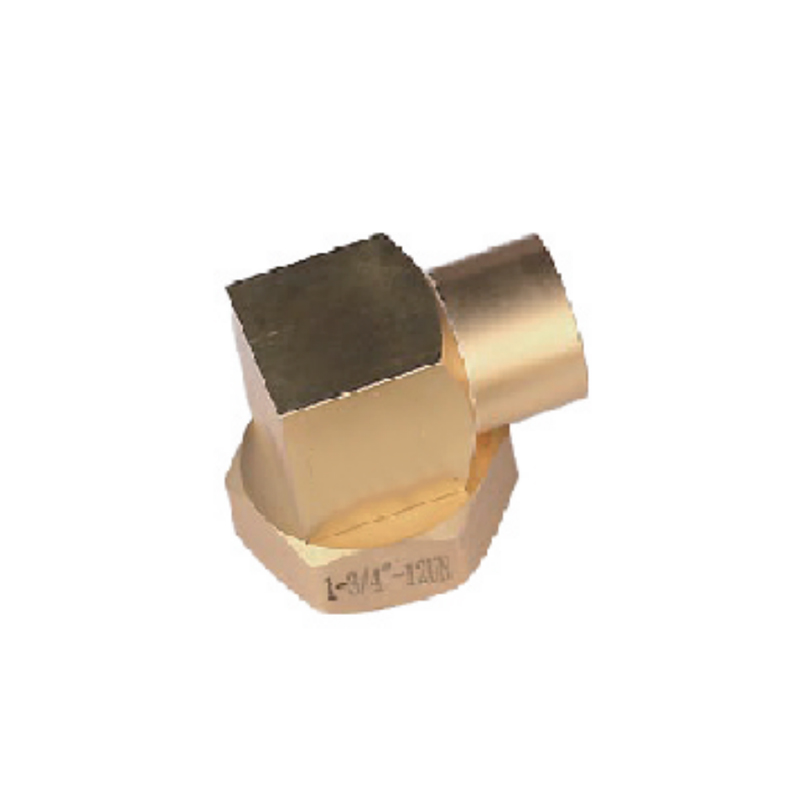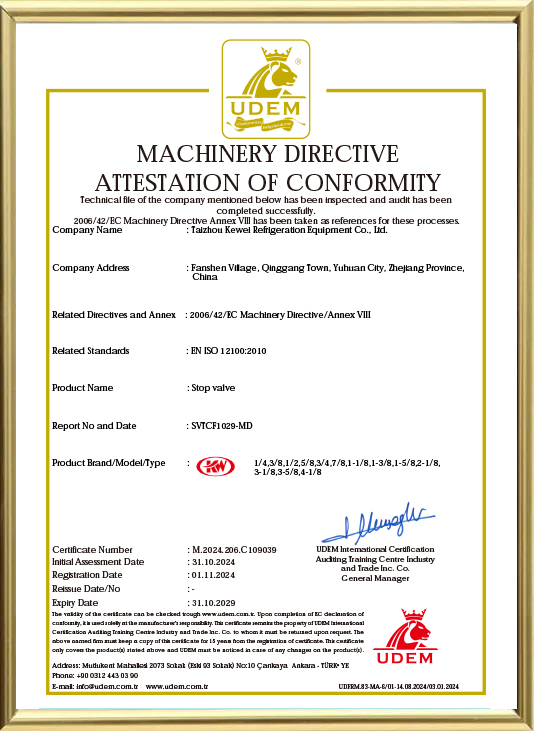The Forged Elbow Connector for Refrigeration is a critical component in the field of Heating, Ventilation, and Air Conditioning (HVAC), particularly within the refrigeration segment. This connector is designed to provide a seamless transition in the flow of refrigerant within the system, ensuring efficient and reliable operation. Forged elbows are like for their durability and strength, which are essential in maintaining the integrity of the refrigeration system.
Design and Construction
Forged elbows for refrigeration is made from high-quality brass, that can withstand the pressures and temperatures associated with refrigeration systems. The forging process involves heating the material to a high temperature and then shaping it using dies or hammers. This process results in a strong, dense, and uniform grain structure, which contributes to the connector's durability and resistance to corrosion.
The design of a forged elbow connector includes a 90-degree bend, which allows for changes in the direction of the refrigerant flow without the need for additional fittings. This not only simplifies the installation process but also reduces the number of potential leak points in the system. The smooth interior surface of the elbow minimizes turbulence and pressure drop, ensuring efficient flow of the refrigerant.
Applications
1. Commercial Refrigeration Systems: In supermarkets, restaurants, and other commercial establishments, these connectors are used to link different sections of the refrigeration system, such as between the condenser and the evaporator.
2. Industrial Refrigeration: In industrial settings, where large-scale cooling is required, forged elbows are used to manage the flow of refrigerant in systems that may involve complex piping arrangements.
3. Residential HVAC Systems: In residential applications, these connectors can be found in air conditioning units and refrigeration appliances, ensuring the smooth operation of the cooling cycle.
4. Transport Refrigeration: In the transportation industry, particularly for vehicles that require temperature-controlled environments, forged elbows are crucial for maintaining the integrity of the refrigeration system.
Advantages
1. Durability: The forging process creates a strong, long-lasting product that can withstand the rigors of continuous use in refrigeration systems.
2. Leak Resistance: The seamless construction of forged elbows reduces the risk of leaks, which is critical in maintaining the efficiency and safety of the refrigeration system.
3. Corrosion Resistance: The materials used in forging, such as stainless steel, are resistant to corrosion, which is particularly important in environments where the refrigerant may be corrosive.
Installation and Maintenance
1. Preparation: Ensuring that the pipe ends are clean and free of burrs or damage that could affect the seal.
2. Alignment: Carefully aligning the pipe ends with the elbow to ensure a proper fit and to avoid undue stress on the connector.
3. Tightening: Using the appropriate tools to tighten the connections to the correct torque specifications, which can vary depending on the material and size of the connector.
The Forged Elbow Connector for Refrigeration is a robust and reliable component that plays a vital role in the efficient operation of HVAC systems. Its strength, durability, and resistance to corrosion make it a good choice for a wide range of refrigeration applications. By ensuring the proper flow of refrigerant and minimizing the risk of leaks, these connectors contribute to the overall performance and longevity of the refrigeration system. As technology advances and the demand for more efficient refrigeration systems grows, the forged elbow connector will continue to be a key player in meeting these challenges.




 English
English русский
русский Deutsch
Deutsch
